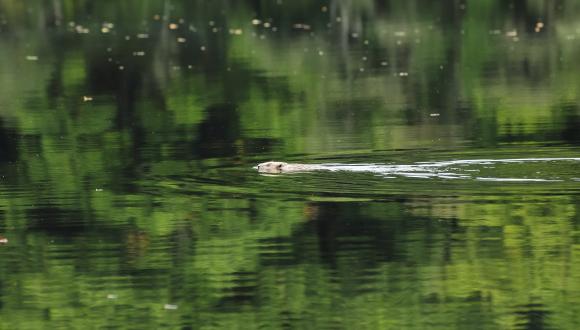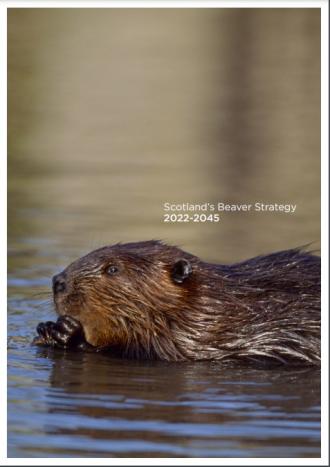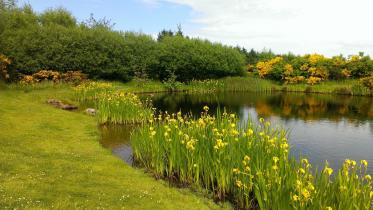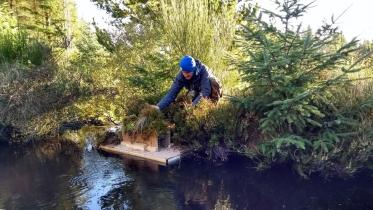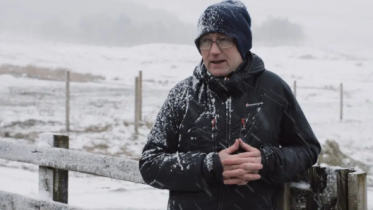Scottish Beaver Trial
Beavers were released at Knapdale Forest in May 2009, in the first authorised mammal reintroduction project anywhere in the UK.
In May 2008, the Scottish Government gave permission for a scientifically monitored, trial reintroduction of European beavers to Knapdale Forest.
This was granted to the Royal Zoological Society of Scotland and the Scottish Wildlife Trust subject to conditions. One of these was that the monitoring of the trial was to be independent and coordinated by NatureScot.
The Scottish Government announced in November 2016 that beavers would remain in Scotland.
Monitoring of the trial
We organised a programme of monitoring in collaboration with various independent monitoring partners. This ran from May 2009 until May 2014.
NatureScot monitored the below aspects of the trial in collaboration with others:
- beaver ecology – with the University of Oxford
- otters – with the University of Oxford
- fish – with Argyll Fisheries Trust
- dragonflies and damselflies – with the British Dragonfly Society
- woodland habitat – with the James Hutton Institute
- loch habitat, including aquatic plants – with the University of Stirling
- river habitat – with the University of Stirling
- hydrology – with the University of Stirling
- socio-economics – with Scotland’s Rural College
Others led the following monitoring projects:
- beaver health – led by the Royal (Dick) School of Veterinary Studies
- water chemistry – led by the Scottish Environment Protection Agency (SEPA)
- public health – led by Argyll and Bute Council
- scheduled monuments – led by Historic Scotland (now Historic Environment Scotland)
Monitoring reports and posters
Our Beavers in Scotland report summarises the high volume of information about beaver interactions with the environment that resulted from the monitoring.
You can also search our publications for individual monitoring reports and posters relating to the Scottish Beaver Trial.
Wider public health assessment
The Centre of Expertise on Animal Disease Outbreaks (EPIC) carried out a further and wider examination of the public health risk associated with beavers. This was done after the initial public health monitoring work. Read the Public health risk of Giardia and Cryptosporidium posed by reintroduction of beavers into Scotland
Read independent reports from the trial
The Scottish Beaver Trial, Knapdale, Argyll: 2009–2014 – Impact on Scheduled Monuments
The Scottish Beaver Trial: Veterinary Monitoring of the Knapdale Beaver Population 2009–2014
Scottish Beaver Trial: Independent Public Health Monitoring 2009–2014 – Report and Recommendations
Scottish Beaver Trial – SEPA Factual Report on Water Chemistry Sampling
Contact
If you already have a licence number, include it in the subject line of your email, or have it to hand when you call.
